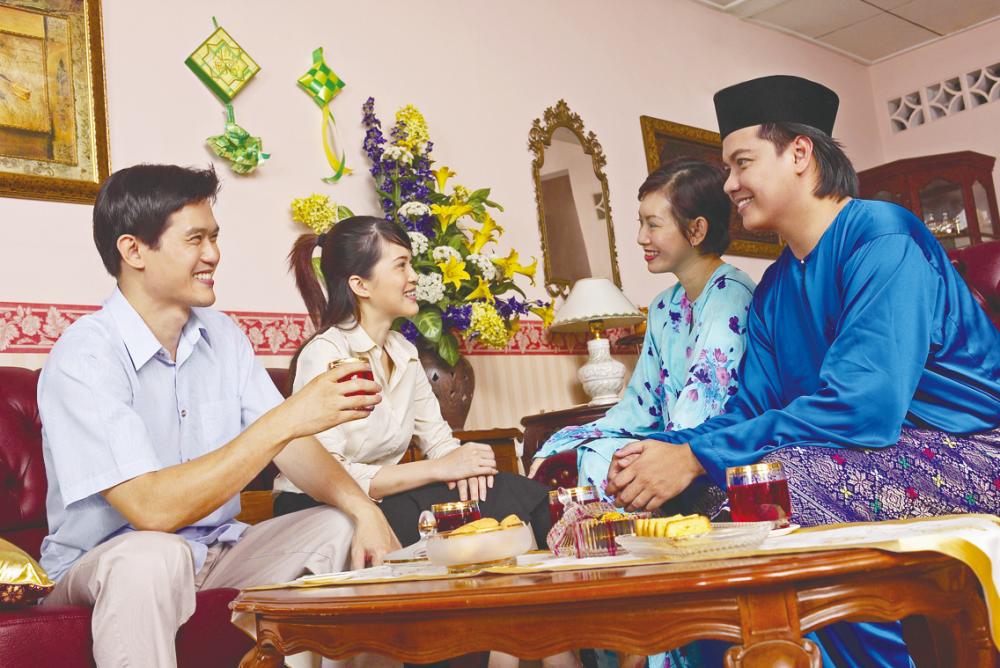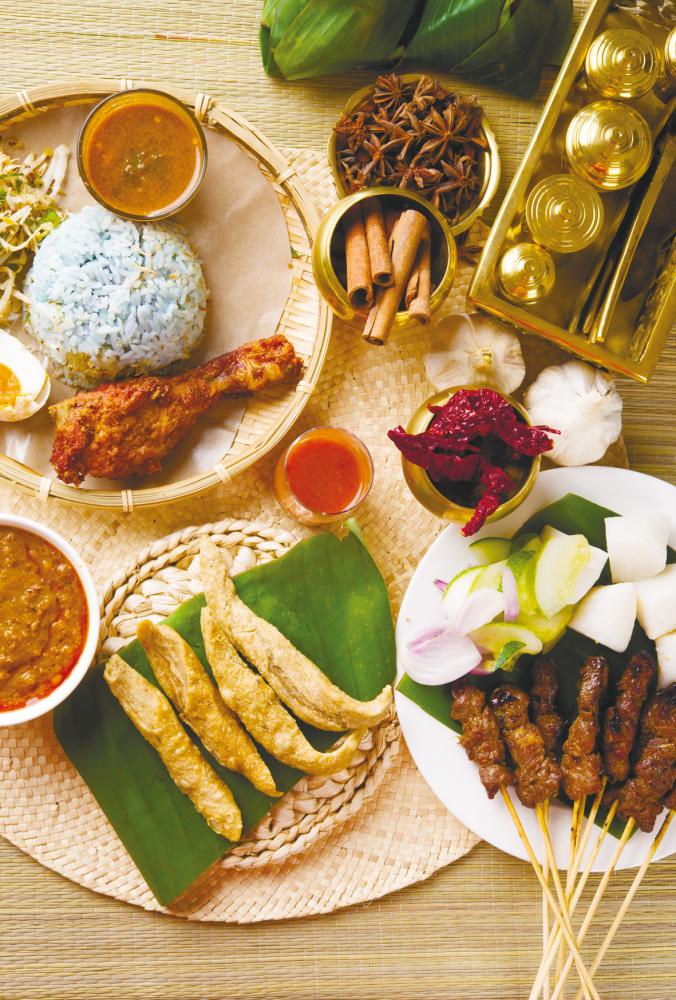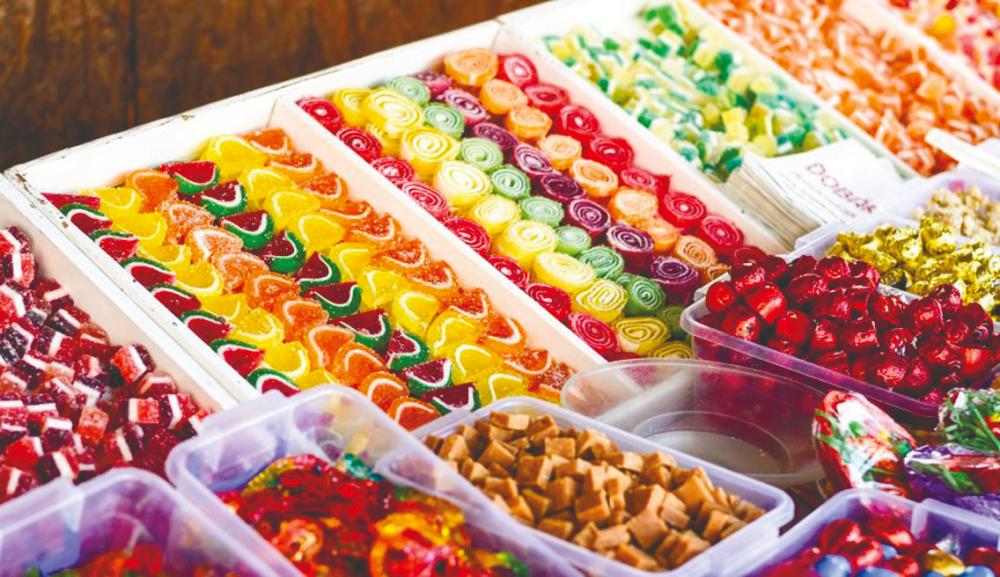This article was first published in theSun Buzz Raya edition HERE
Hari Raya Aidilfitri or Eid al-Fitr is just around the corner, and even with Covid-19 restrictions, people are determined to celebrate as best they can.
Here, we reminisce about festive Eid traditions in Malaysia and around the world before the pandemic.
Malaysia
Before the pandemic, Malaysians would travel back to their hometowns a day before Eid. Houses are decorated with oil lamps (pelita) and families would be looking forward to enjoying traditional dishes such as ketupat, kuih raya, lemang and rendang. Young children would wait excitedly to receive duit raya from adults. Open houses were also popular during this festive season, as an event where Malaysians of all races would gather to enjoy good, delicious food together.
Indonesia
Over in Indonesia, Eid is known as Lebaran, and it’s a huge celebration. Locals will bake a traditional thousand-layer cake called Lapis Legit. On the eve of Lebaran, there will be a parade of sorts that will draw a crowd of celebrants. People will carry torches on the street, light up firecrackers and bang drums to ring in Eid. Giving friends and family gift boxes composed of cookies and sweet tidbits is also part of the festivities.
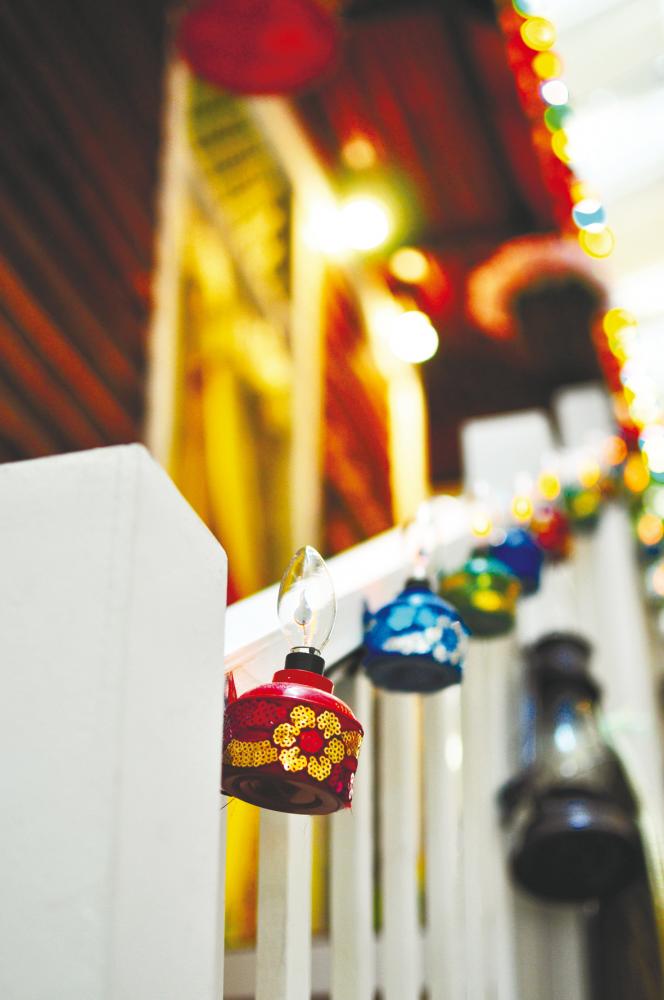
Saudi Arabia
Saudis share the joy of Eid through various festive events and activities. The country will be decorated extravagantly for Eid. Locals also leave huge quantities of rice and staple items anonymously at the doors of the needy and less fortunate – a unique Eid tradition in Saudi Arabia. Saudis also gather with their family and enjoy a sumptuous feast. Children also get ‘duit raya’ in riyals, the local currency.
Turkey
In Turkey, Eid is known as Seker Bayrami which means the Sugar Feast. After prayers and family gatherings, children usually receive an assortment of sweets such as Turkish delights and baklava. These sweets are also given as gifts to friends, family and neighbours. Due to the warm weather during the festive season, the locals flock to the beach. They also visit family members and partake in recreational activities such as fishing, swimming and other fun water activities with family and friends.
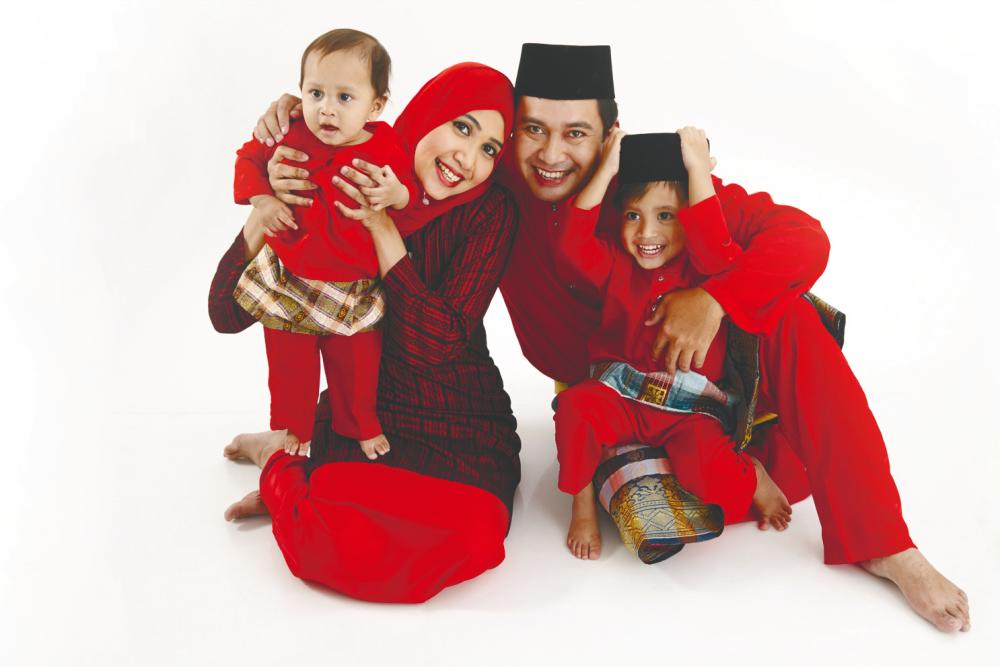
China
Muslims in China celebrate Eid similarly, beginning with morning prayers at the mosque before enjoying a good meal sponsored by the mosque. Eid is a public holiday in Xinjiang and Ningxia provinces, so the locals get time off to celebrate and the tolls are free of charge. A flour-based snack often served with soup and rice called you xiang is popular among the locals during Eid. The locals also participate in recreational activities such as visiting the city parks, singing, watching lion dance and martial arts performances. They also clean the graves of their ancestors similar to the annual Chinese Qingming festival.
UAE
The United Arab Emirates celebrates Eid in a grand style with hundreds of meticulously planned events. After prayers, they spend their day meeting friends, enjoying feasts and partaking in one of the many festive activities that can range from magic shows to decorated theme parks. Emiratis also mark the occasion by eating a slow-cooked lamb dish served with spiced rice and fried pine nuts called Ouzi.
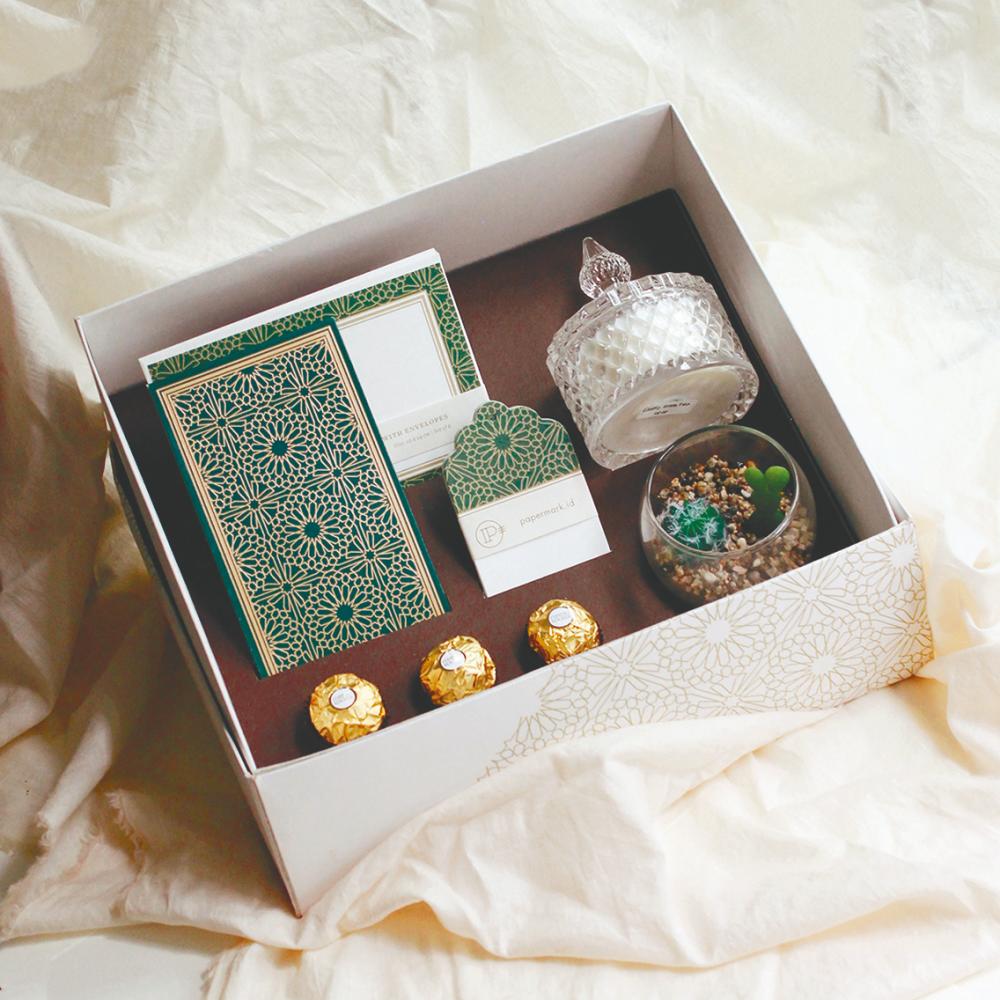
Iceland
At the peak of summer, the sun remains up in the sky for a longer time than usual, and Muslims living in Iceland will have to fast up to 22 hours a day. To manage this, Islamic scholars and experts have offered Muslims who live in the land of the midnight sun an alternative. Icelandic Muslims can choose to break fast following the sunrise and sunset of the nearest country, or adopt Saudi Arabia’s timezone during the holy month. Come Eid, the locals celebrate by having a buffet at the mosque. They get to dine on Indonesian, Egyptian and Eritrean cuisines during the holy month.
Myanmar
Burmese Muslim youths organise singing groups called Jago (which means “wake up” in Hindi and Urdu) during Ramadan and walk around the neighbourhood to wake fellow Muslims for the pre-dawn meal. Similar to carolers, the Jago groups visit homes and are welcomed with monetary donations, food for the team or duit raya.
Since they are discouraged from decorating their homes by religious authorities, Muslim locals will send Eid cards and e-cards to family and friends.



